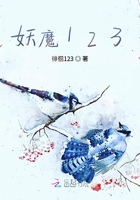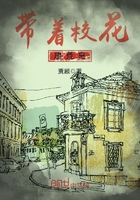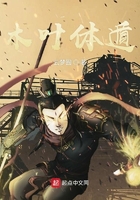by Plutarch translated by John Dryden CATO major, hearing some commend one that was rash, and inconsiderately daring in a battle, said, "There is a difference between a man's prizing valour at a great rate, and valuing life at little; a very just remark. Antigonus, we know, at least, had a soldier, a venturous fellow, but of wretched health and constitution; the reason of whose ill-look he took the trouble to inquire into; and, on understanding from him that it was a disease, commanded his physicians to employ their utmost skill, and if possible recover him; which brave hero, when once cured, never afterwards sought danger or showed himself venturous in battle; and, when Antigonus wondered and upbraided him with his change, made no secret of the reason, and said, "Sir, you are the cause of my cowardice, by freeing me from those miseries which made me care little for life."With the same feeling, the Sybarite seems to have said of the Spartans, that it was no commendable thing in them to be so ready to die in the wars, since by that they were freed from such hard labour and miserable living. In truth, the Sybarites, a soft and dissolute people, might well imagine they hated life, because in their eager pursuit of virtue and glory they were not afraid to die; but, in fact, the Lacedaemonians found their virtue secured them happiness alike in living or in dying; as we see in the epitaph that says-"They died, but not as lavish of their blood, Or thinking death itself was simply good;Their wishes neither were to live nor die, But to do both alike commendably."An endeavour to avoid death is not blamable, if we do not basely desire to live; nor a willingness to die good and virtuous, if it proceeds from a contempt of life. And therefore Homer always takes care to bring his bravest and most daring heroes well armed into battle; and the Greek law-givers punished those that threw away their shields, but not him that lost his sword or spear; intimating that self-defence is more a man's business than offence. This is especially true of a governor of a city, or a general; for it, as Iphicrates divides it out, the light-armed are the hands; the horse the feet; the infantry the breast; and the general the head; and, when he puts himself upon danger, not only ventures his own person, but all those whose safety depends on his; and so on the contrary.
Callicratidas, therefore, though otherwise a great man, was wrong in his answer to the augur who advised him, the sacrifice being unlucky, to be careful of his life; "Sparta," said he, "will not miss one man." It is true, Callicratidas, when simply serving in any engagement either at sea or land, was but a single person, but as a general, he united in his life the lives of all, and could hardly be called one when his death involved the ruin of so many. The saying of old Antigonus was better, who, when he was to fight at Andros, and one told him, "The enemy's ships are more than ours;" replied, "For how many then wilt thou reckon me?" intimating that a brave and experienced commander is to be highly valued, one of the first duties of whose office indeed it is to save him on whose safety depends that of others. And therefore I applaud Timotheus, who, when Chares showed the wounds he had received, and his shield pierced by a dart, told him, "Yet how ashamed I was, at the siege of Samos, when a dart fell near me, for exposing myself, more like a boy than like a general in command of a large army." Indeed, where the general's hazarding himself will go far to decide the result, there he must fight and venture his person, and not mind their maxims, who would have a general die, if not of, at least in old age; but when the advantage will be but small if he gets the better, and the loss considerable if he falls, who then would desire, at the risk of the commander's life, a piece of success which a common soldier might obtain? This I thought fit to premise before the lives of Pelopidas and Marcellus, who were both great men, but who both fell by their own rashness. For, being gallant men, and having gained their respective countries great glory and reputation by their conduct in war against terrible enemies, the one, as history relates, overthrowing Hannibal, who was till then invincible; the other, in a set battle beating the Lacedaemonians, then supreme both at sea and land; they ventured at last too far, and were heedlessly prodigal of their lives, when there was the greatest need of men and commanders such as they.
And this agreement in their characters and their deaths is the reason why I compare their lives.















